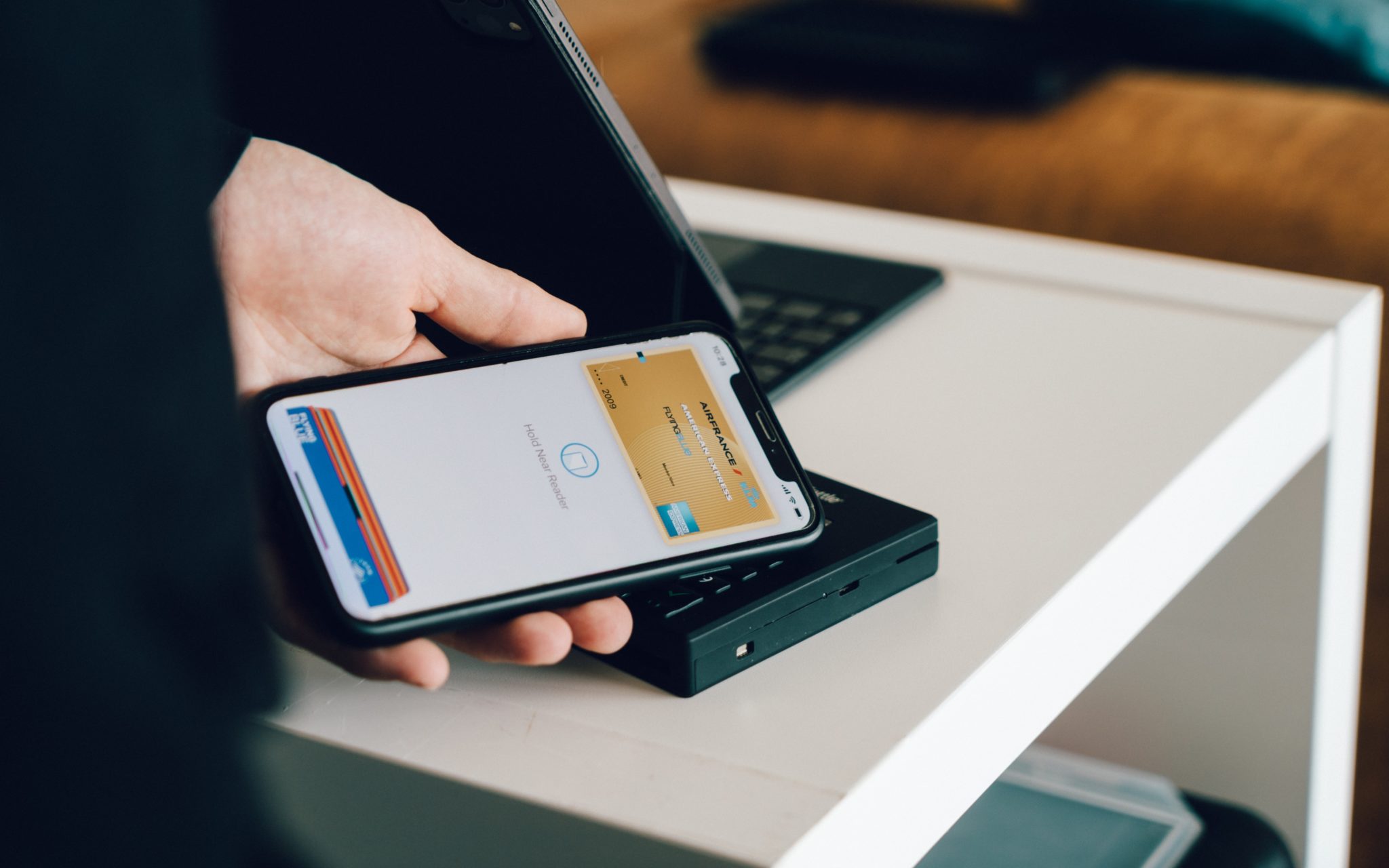Are you in the midst of researching a new POS system? Are you confused by the difference of a cloud system and an on premise server? RCS can help. We have broken down the pros and cons of having a cloud based POS system to help you decide.
Cloud vs. Ground
For years, the only option for implementing a POS system was purchasing and maintaining your own server. These days, you have a choice when it comes to your POS system: cloud or on-premise server. The following lays out some of the most important considerations to make when considering a new server environment.

Pros:
- Save Money – on IT staffing, infrastructure and required computer hardware.
- Real-time – Reporting, Data, and Inventory Management functionality across all locations.
- Data-redundancy and Back-ups – Your store won’t lose important data if it lives in the cloud.
- More power when you need it – Scale up computing power during busy months– all without purchasing new hardware!
- Mobility (mPOS) – The ability to take your POS System on the go! Think sidewalk sales, trade shows, and pop up stores!
- Monthly payments – Upfront costs for configuration, some hardware, training may be required – but the monthly payments for software provide greater financial flexibility as opposed to paying for licensing upfront.
- Instant Upgrades – No need to manage database maintenance – Patches, bugs, updates, and offsite backups managed by the Cloud Host. Future-proof your technology!
Cons:
- Connectivity – Ensure your cloud POS has a functional stand-alone mode to keep your company running– even when the internet isn’t.
- Limited Configurability – make sure your cloud based POS system won’t limit your customization. Cegid, allows for custom reporting, UI changes and many other features.
- Bandwidth – Some systems charge a premium if you go over the allotted bandwidth. Make sure your POS system has unlimited bandwidth capabilities.
Other Items to consider:
- Training – Make it a priority! Don’t skimp on your training budget. You’ve worked hard picking out a new system, make sure you’re well trained and able to fully utilize the features and functionality that helped you make that decision!
- Integrations – What can and can’t be integrated? What are the costs and does it limit functionality of your POS? Integrations to consider: eCommerce, ERP, marketing, accounting, vendor portals, or state mandated reporting, automated taxes, and online ticketing.
- Reality of costs – where are you saving and what are these savings enabling your company to do?
- Expenses – Month-to-month vs. buying out-right, configuration, implementation, training, integrations, eCommerce integrations
- Time is money – Is this system saving you or your organization time, allowing for other projects to occur?
- Need to read more? Check out this blog post on 3 common myths about cloud solutions



